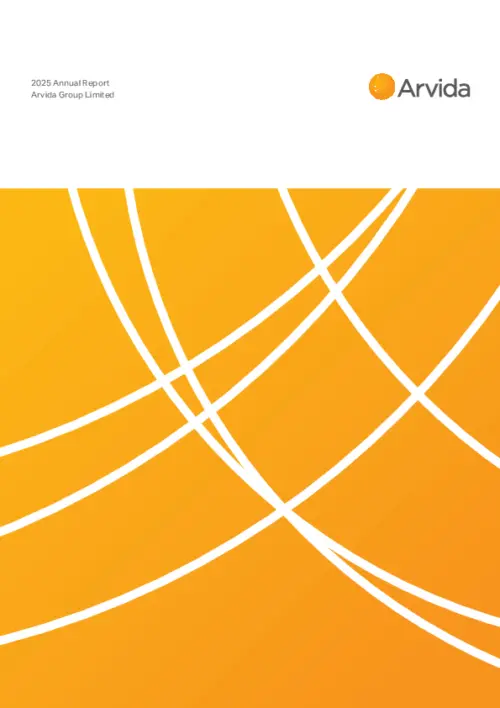Investor Centre
Arvida is one of the larger operators of retirement village and aged care facilities in New Zealand.
The group was formed in December 2014 on completion of an initial public offering and listing on NZX. At the time, we had a portfolio of 18 aged care and retirement villages. The group has grown rapidly since to have 34 retirement communities throughout New Zealand.
In November 2024, Stonepeak implemented a scheme of arrangement to acquire 100% of Arvida shares.
Leadership
Arvida has an experienced leadership team of senior executivies who are responsible for the leadership, direction and daily operation of the business.
Reports and results
Latest NZX releases
-
27 Jun 2025
Arvida Group Limited's 2025 Annual Report, Climate Disclosures Report and GHG Inventory Report.
-
29 May 2025
• Total assets $4.7 billion • Total equity $1.6 billion • Reported net profit after tax $101 million • Operating EBITDA ...
-
03 Mar 2025
Arvida Group Limited (Arvida) is pleased to announce the appointment of Simon Moutter as a director of the company effec...
-
03 Feb 2025
Arvida Group Limited (Arvida) is pleased to announce the appointment of Norah Barlow as a director of the company effect...

